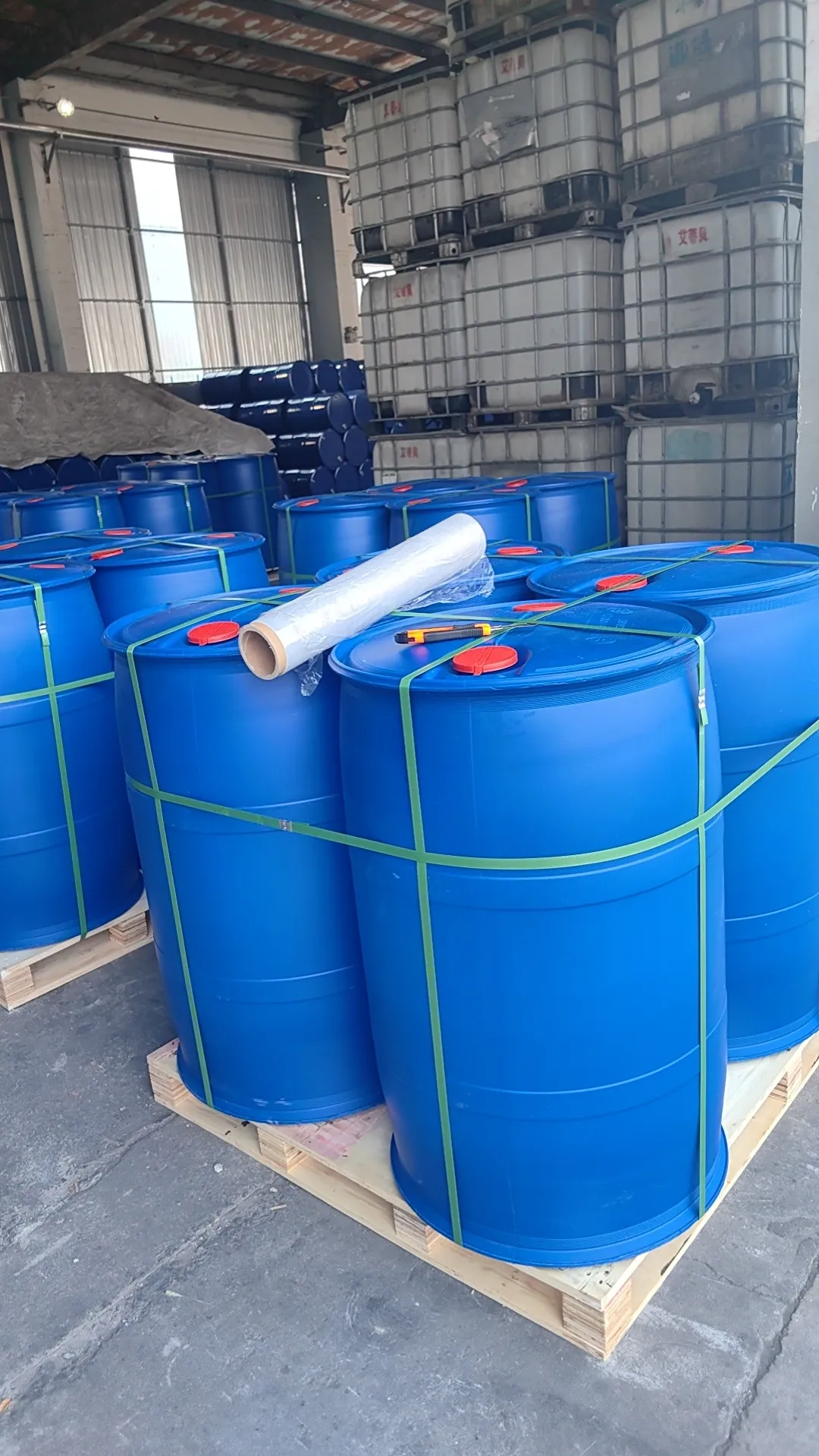In recent years, 6-amino-1,3-dimethyluracil, as a pharmaceutical intermediate, has been gradually introduced into the pigment and dye industry, showing its unique functional and chemical advantages.

Amino-1,3-Dimethyluracil as an Intermediate of Functional Pigments
By reacting with other organic molecules, 6-amino-1,3-dimethyluracil can generate a variety of special functional pigments, which can be used in high performance coatings:
Ultraviolet-resistant coating: improve the ultraviolet-resistant ability of the coating and reduce the fading problem.
Antibacterial coating: by introducing antibacterial groups, the pigment is endowed with antibacterial properties, which can be used in medical environment or food contact materials.
Improve the adhesion and durability of the coating
The molecular structure of 6-amino-1,3-dimethyluracil has good compatibility with the coating substrate, which can enhance the adhesion between the coating and the substrate.
The mechanical strength and weatherability of the coating are improved by enhancing the crosslinking degree between the molecules of the coating.
Application in environmental protection coatings
Because of its relatively mild reaction conditions and easy industrial production, 6-amino-1,3-dimethyluracil can be used in water-borne coatings to reduce the emission of volatile organic compounds (VOC).
Potential Application of 6-Amino-1,3-Dimethyluracil in Chromatography and Special Pigments
As an intermediate of chromatographic marking pigment
Chromatographic technology is widely used to separate and detect complex samples, and specific pigment markers can be used to improve the detection sensitivity. The chemical stability and modifiability of 6-amino-1,3-dimethyluracil make it suitable as a synthetic matrix for marking pigments.
Used in the synthesis of photosensitive pigments.
Photosensitive pigments need to have high selective absorption of light bands. Through molecular design, 6-amino-1,3-dimethyluracil can adjust the absorption peak position of pigments and be used in photography, photoelectric conversion and other fields.
Apply to thermochromic pigments
Thermochromic pigments can change color with the change of temperature, and the key lies in the responsiveness of molecular structure to heat. The pyrimidine ring structure of 6-amino-1,3-dimethyluracil has high thermal stability, and at the same time, it can realize color response through molecular modification.

